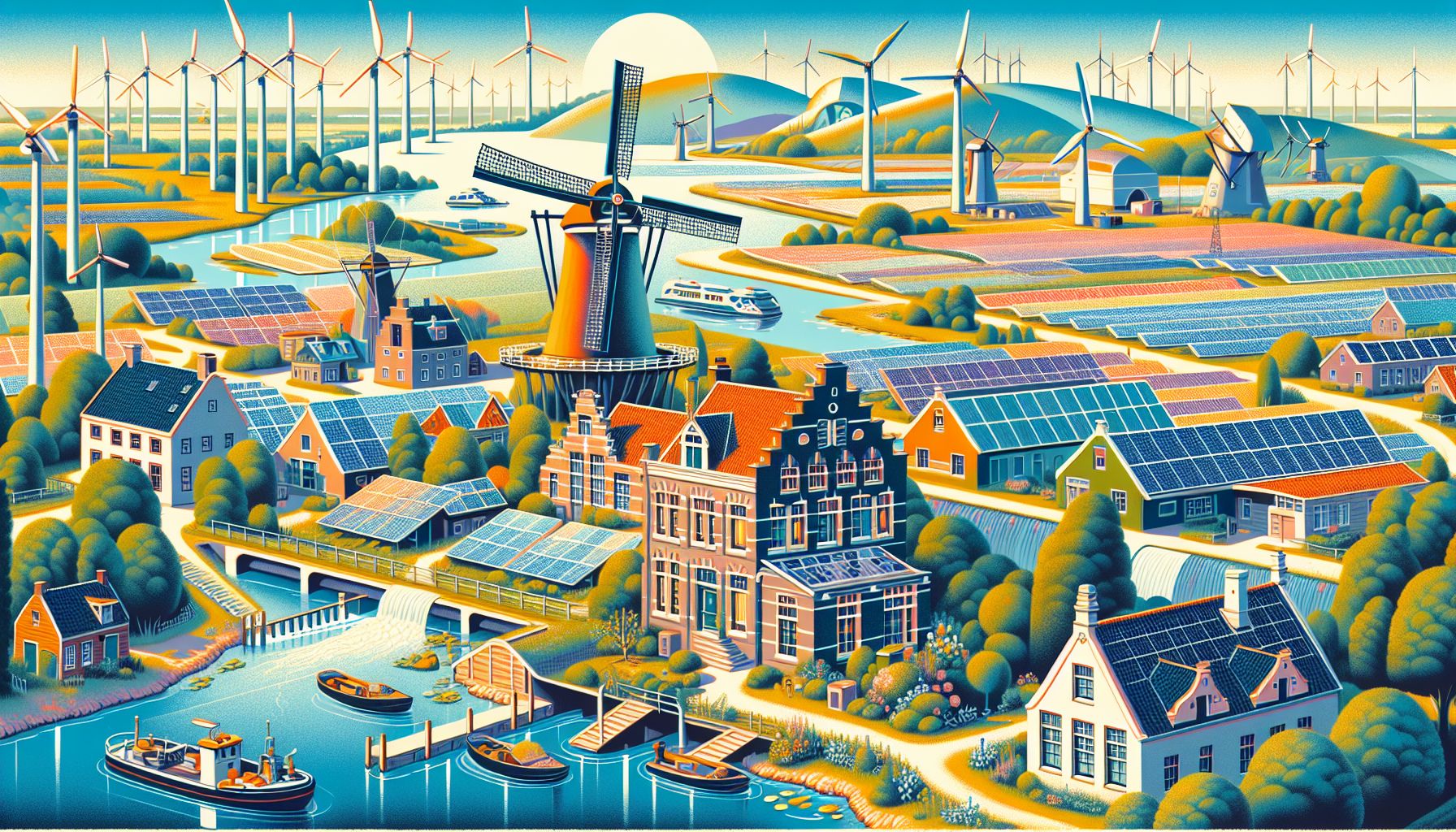Dutch Government Boosts Hydrogen Investments to Meet EU Climate Goals

The Hague, Thursday, 8 May 2025.
The Netherlands has increased its funding for hydrogen projects to boost sustainable energy. This aligns with EU climate targets, aiming to establish the country as a hydrogen technology leader.
Major Financial Commitment
In a significant move announced on April 20, 2025, the Dutch government has committed €2.1 billion to support green hydrogen production [1]. This investment comes alongside a mandatory 4% renewable hydrogen requirement for industrial users, which will necessitate approximately 52,000 tonnes of green hydrogen annually based on current consumption patterns [1]. The initiative is part of a broader strategy to achieve the nation’s legally binding target of reducing emissions by 55% compared to 1990 levels [1].
Infrastructure Development and Rising Costs
The national hydrogen infrastructure project has faced significant cost escalations. Initially estimated at €1.5 billion in 2023, recent assessments from the Dutch Authority for Consumers and Markets indicate costs have surged to €3.8 billion [2]. The network will connect major industrial hubs including Rotterdam, Zeeland, and Groningen [2]. To support the growing hydrogen ecosystem, the government has allocated €125 million specifically for transport infrastructure, aiming to establish 40 new hydrogen filling stations between 2024 and 2028 [3].
Private Sector Investment
Major industry players are already responding to these government initiatives. French energy giants TotalEnergies and Air Liquide have announced a €1 billion investment in the Netherlands, focusing on two large-scale electrolyzer projects in Rotterdam and Zeeland with capacities of 200 and 250 megawatts respectively [4]. This private sector engagement demonstrates growing confidence in the Dutch hydrogen market, despite the challenging economic landscape.
Supporting Measures and Future Outlook
The government has implemented additional support mechanisms, including a subsidy scheme for electric and hydrogen trucks that will become active from May 9, 2025 [5]. Small companies can receive up to 60% reimbursement of the additional costs compared to diesel trucks, while larger companies can claim 40% [5]. However, experts from the Netherlands Environmental Assessment Agency (PBL) caution that there is only a 5% chance of achieving the 2030 emissions goals under existing policies [1], suggesting that these hydrogen initiatives, while substantial, may need to be part of an even broader climate action strategy.

